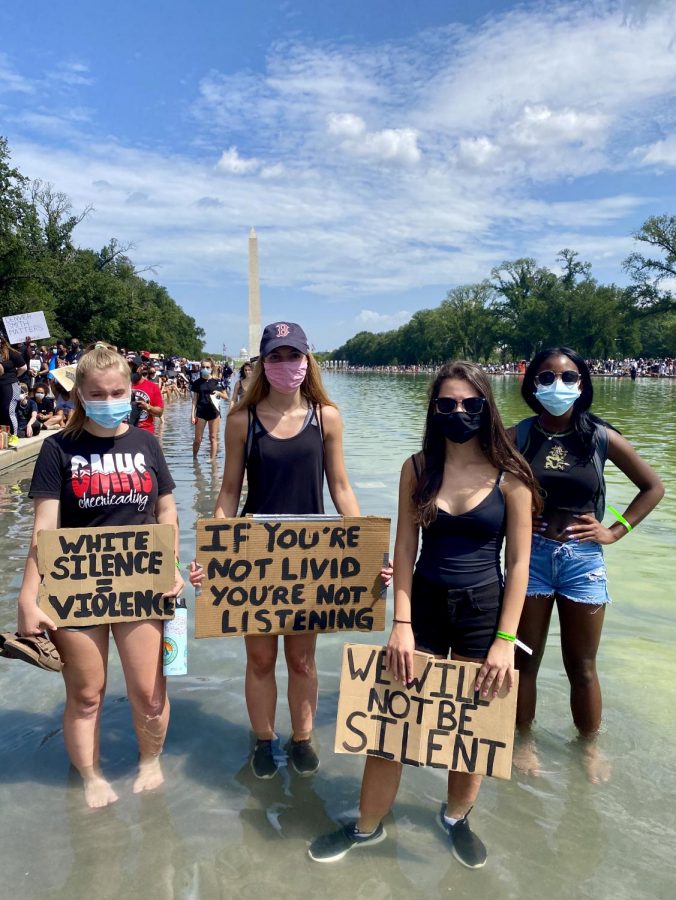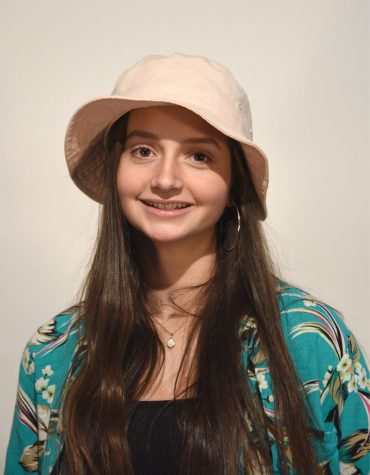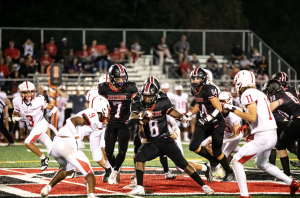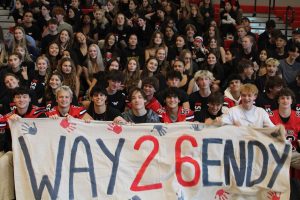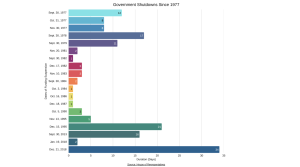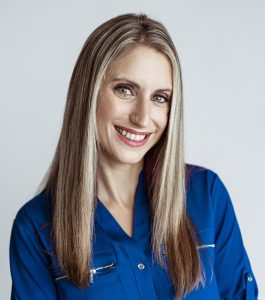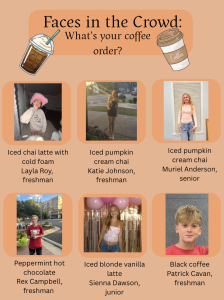Mason students join March On Washington
Seniors Becky Rasmussen, Emilia Cipriano, and Natalia Freden, and Junior Pariss Quaintance hold signs in the reflecting pool while activists speak at “The March on Washington 2020.” (Photo by Sarah Lambert)
September 2, 2020
Last Friday, August 28, several Mason students joined thousands at the Lincoln Memorial to commemorate Dr. Martin Luther King Jr’s I Have a Dream speech, which took place in the same location 57 years ago. The event, dubbed “The March on Washington 2020,” “The Get Your Knee Off Our Necks March,” and “The Commitment March,” was organized by the National Action Network, headed by civil rights activist and host of MSNBC’s PoliticsNation Reverend Al Sharpton, in an effort to fight racial inequality.
The march mirrored its 1963 counterpart, beginning with speeches at 7 a.m., followed a march through Washington in the afternoon. Because the Mason school day ended at 11 a.m. on Friday, many Mason students were unable to attend the morning session and drove in later that day. Luckily for students like senior Natalia Freden, the event struggled to keep on schedule and the march didn’t actually begin until around 3 p.m., allowing them to watch many of the concluding speeches.
“We thought we were going to get there around 1 p.m. and miss all the speeches, but I’m glad they were barely even halfway through the speeches when we got there,” Freden said.
The lineup of speakers was diverse, with everybody from MLK Jr.’s granddaughter to family members of police brutality victims. They all told their individual stories and mission in personal, emotional speeches. Listeners in the crowd were engaged and responsive to the speakers’ words and chants.
Speakers called for the general push towards racial equality, with most calling for comprehensive police accountability reform. Notable speeches were given by MLK’s son and granddaughter, Reverend Al Sharpton, and the families of Breonna Taylor, George Floyd, Jacob Blake, and other victims of police brutality.
Martin Luther King III, Dr. MLK Jr.’s son, spoke mostly on the history of the civil rights movement, and both the progress and lack of progress the country has made since his father’s death.
Referencing the murder of 14-year-old boy Emmett Till in 1955, King said, “Sixty-five years later we still struggle for justice, demilitarizing the police, dismantling mass incarceration, and declaring … that Black Lives Matter.”
Although activists were fighting for many of the same things his father fought for, he instructed listeners to not wait for someone like his father to lead them. They must lead their own fight.
“If you’re looking for a savior, get up and find the mirror,” King said. “We must become the heroes of the history we’re making.”
Reverend Al Sharpton announced his plans for the event at the funeral of George Floyd, a victim of police brutality, in early June. He expressed that he was uncertain whether the event would be everything he hoped for, but he was committed to making a stand.
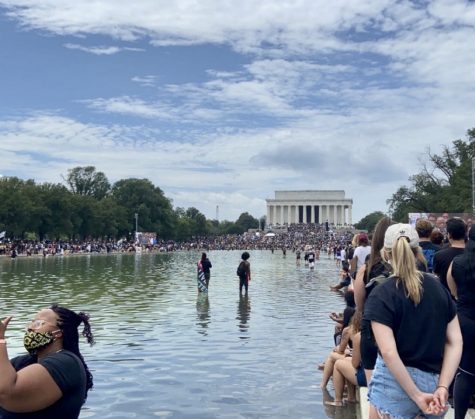
“We didn’t know how we were going to do it, how we were going to plan it, how many would come, but we did it,” Sharpton said at the march. He told crowds that the turnout and the determination of the community were more than he could have asked for.
“Seeing how many people support this movement and are advocating for change is really moving,” senior Emilia Cipriano said.
Reverend Sharpton’s speech focused on the politics of police brutality and racial injustice, and why legislation was necessary to dismantle systematic racism. “Demonstration without legislation will not lead to change,” he said. He called for passage of the George Floyd Justice in Policing Act, which includes measures to increase accountability for law enforcement misconduct, to enhance transparency and data collection, and to eliminate discriminatory policing practices. The bill has passed the House but still awaits Senate approval.
In reference to the November election, Sharpton said, “We didn’t come out and stand in this heat because we didn’t have nothing to do. We come to let you know, if we will come out by these numbers in the heat … that we will stand in the polls all day long.” The election was a hot topic at the march, with many speakers saying that voter turnout is a crucial step to dismantling institutionalized racism.
Moving speeches were given by the families of victims of police brutality. They were raw, emotional, and expressed the spirit of the Black Lives Matter movement.
Junior Mac Duross stated that “seeing the parents of children who were killed by the oppressive system set in the United States speak bravely and proudly about their children’s lives in front of over 20,000 people” left an impression on him.
Philonise Floyd, George Floyd’s brother, broke down mid-way through his speech, grief-stricken. “I wish George were here to see this right now,” he said. “My brother, George, he’s looking down right now. He’s thankful for everything that everybody is doing right now.”
His speech was followed by chants of “Say his name: George Floyd,” which resonated with the students that attended.
Junior Pariss Quaintance said, “My favorite speech was George Floyd’s brother because he sounded so sad and broken about his brother’s death, but his speech was that he didn’t want his brother’s death to be in vain.” Quaintance continued, “His mission in life is to fight for others so there wouldn’t be any other George Floyds, which was so inspiring, showing the perfect representation of Black Lives Matter to protect people from criminal injustice and racial discrimination.”
Following several hours of speeches, Mason students marched alongside other activists and supporters to the Martin Luther King Jr. memorial, allowing them to reflect on the history of the movement, what millions of people before them fought for, and what remains to be done.



